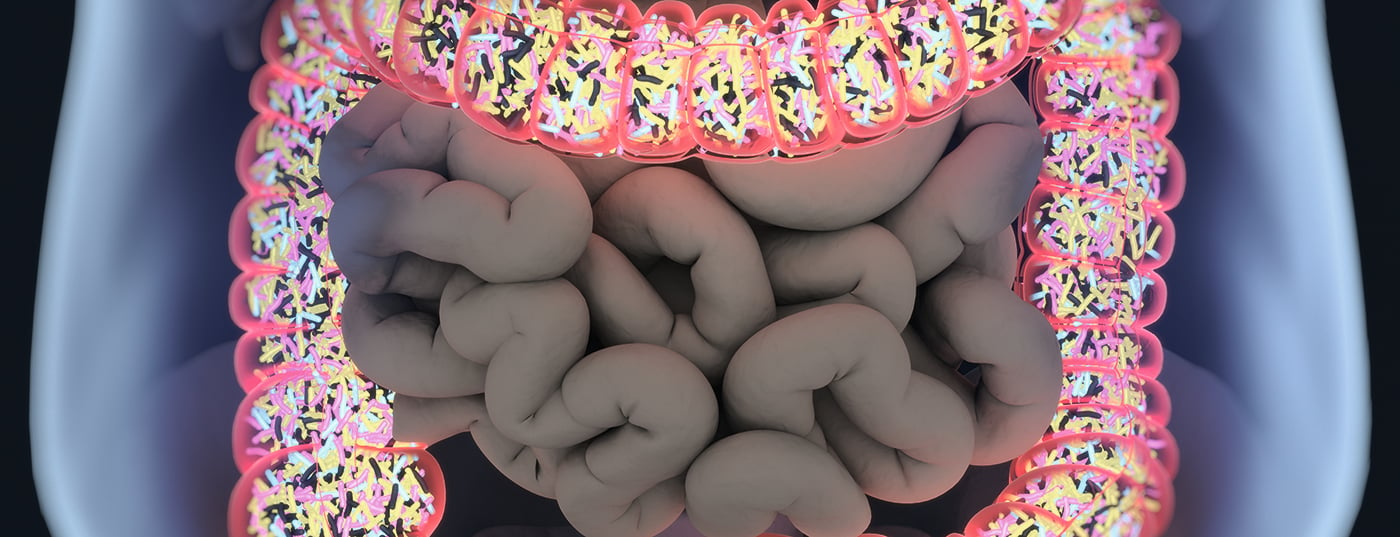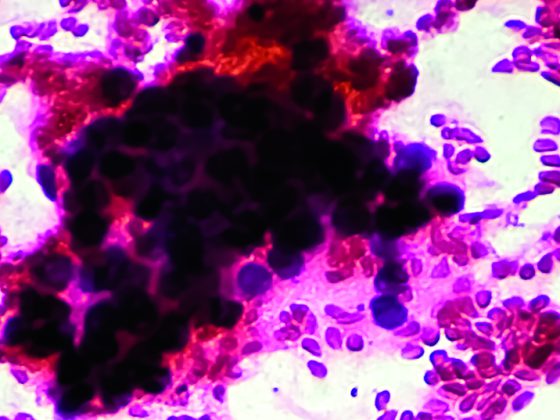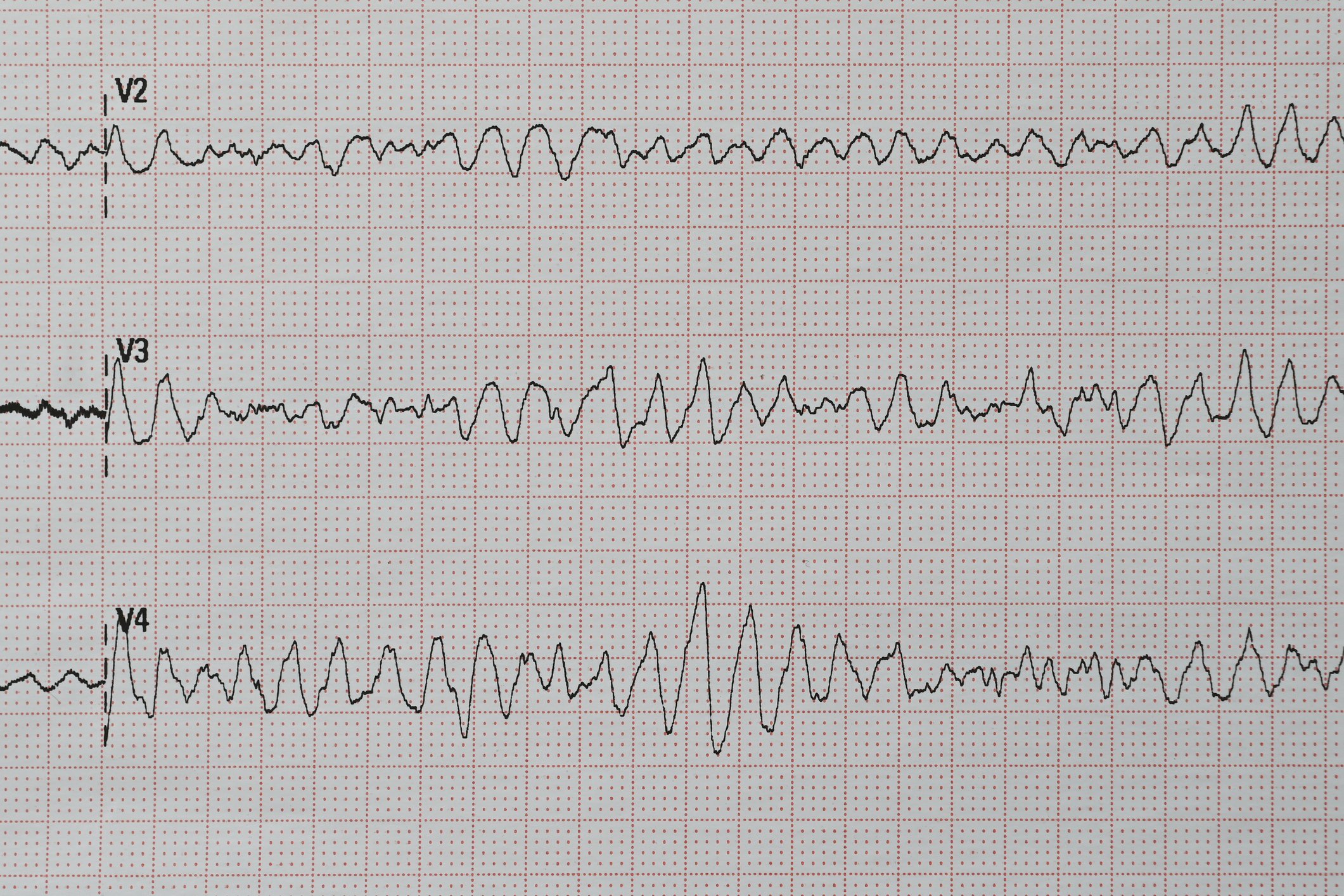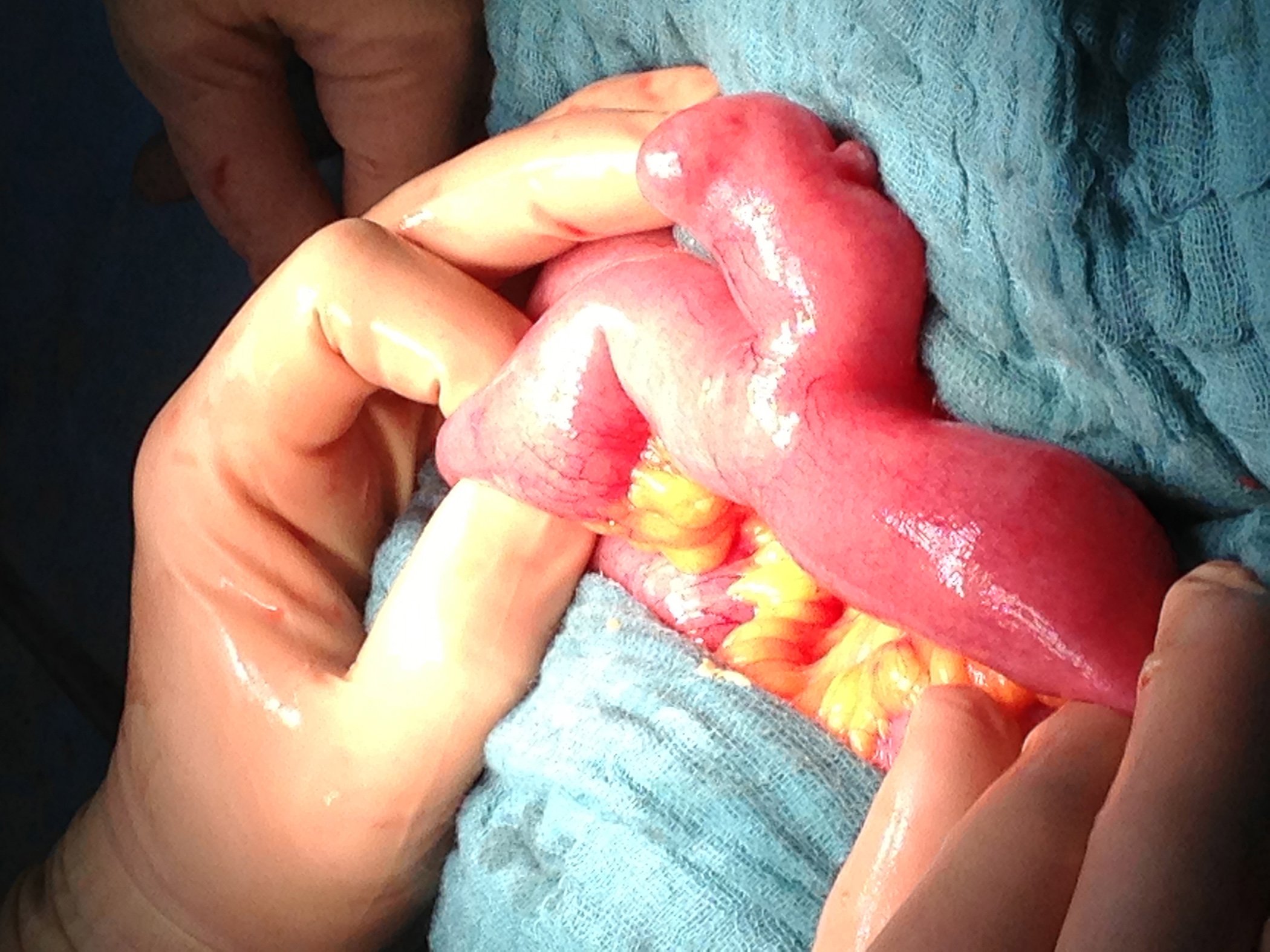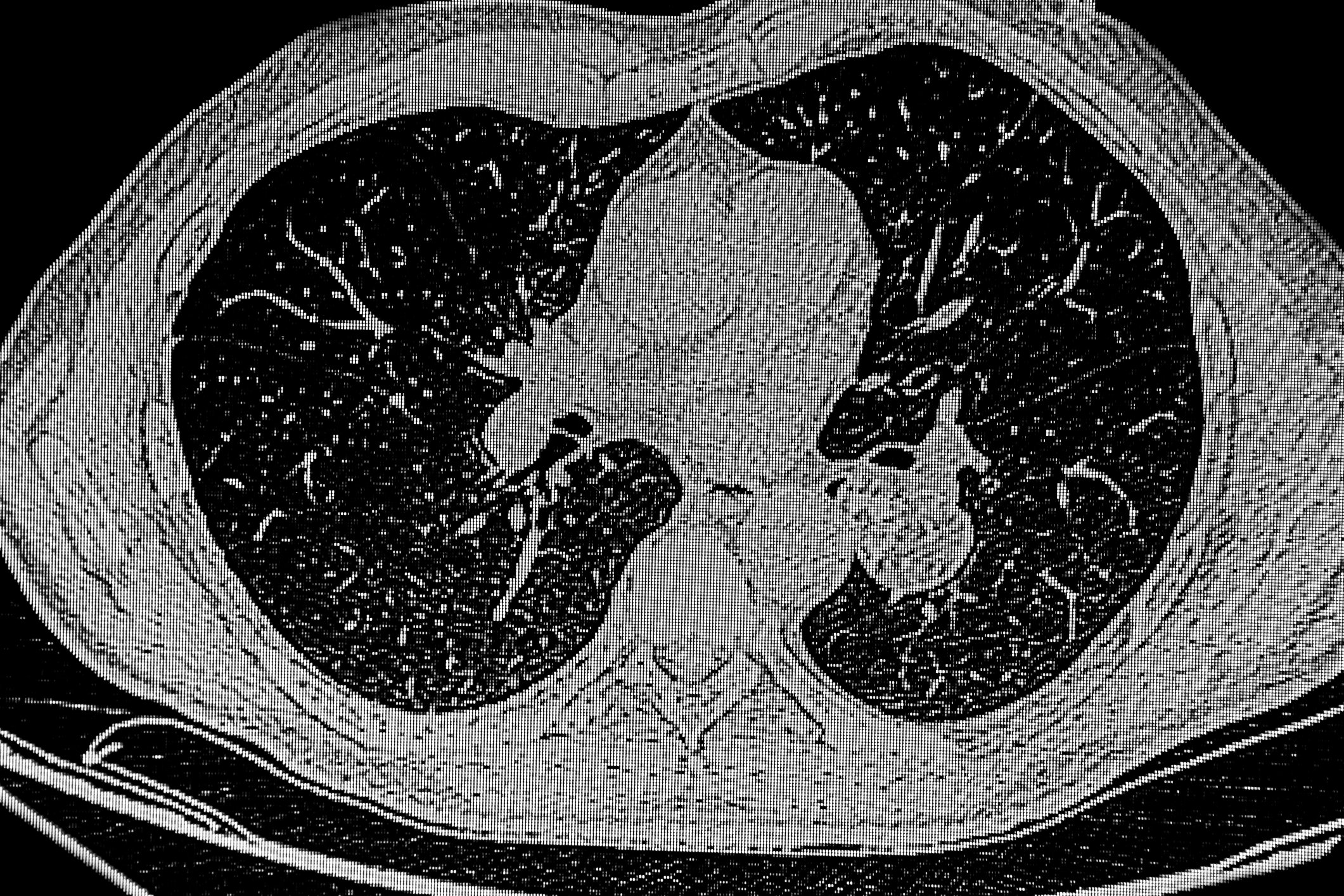Researchers at ETH Zurich, Inselspital and the University of Bern are equipping intestinal bacteria with a data logger function to monitor which genes are active in the bacteria. The microorganisms will one day be able to diagnose diseases and detect the health effects of a diet in a non-invasive way.
Our intestines are home to countless bacteria that help us digest food. But what exactly do the microorganisms inside our bodies do? Which enzymes do they produce and when? And how do bacteria metabolize health-promoting foods that help us avoid disease? To find answers to such questions, researchers at the Department of Biosystems Science and Engineering at ETH Zurich in Basel have modified bacteria to function as data loggers, recording information on gene activity. Together with scientists at Inselspital and the University of Bern, they have now tested these bacteria in mice. This is an important step towards applying the “sensor bacteria” in medicine in the future, for example to diagnose malnutrition or to understand which diet is right for a patient.
Immune system becomes a data logger
The data logging function was developed in recent years by researchers at ETH Zurich under the leadership of Randall Platt, Professor of Biological Engineering. To do this, they used the Crispr/Cas mechanism, a type of bacterial immune system found in many species of bacteria: when the bacteria are attacked by viruses, they can incorporate snippets of the viral genetic material into an area of their own genetic material called a Crispr array. In this way, the bacteria remember viruses with which they have had contact, and they can fight them more quickly in the event of a future re-infestation.
To be able to use this mechanism as a data logger, the researchers are not looking at genetic snippets from viral invaders, but at something else: The mechanism can be used in such a way that the bacteria incorporate snippets of their own messenger RNA into the Crispr array. Messenger RNA are building instruction molecules that cells use to make proteins. The messenger RNA snippets therefore provide information about which genes are currently being used to make proteins. For this to work well, the researchers introduced the Crispr array of the bacterial species Fusicatenibacter saccharivorans into a strain of the intestinal bacterium Escherichia coli, which is considered safe and approved as a so-called probiotic. Part of the transfer was the construction manual of an enzyme called reverse transcriptase, which can transcribe RNA into DNA. This enzyme also transcribes the messenger RNA information into the DNA form needed for incorporation into the Crispr array.
Examination without disturbing the body
Researchers at Inselspital and the University of Bern led by Andrew Macpherson have now administered such modified intestinal bacteria to mice in the laboratory. The team collected fecal samples from these animals, isolated bacterial DNA from them, and analyzed it using high-throughput DNA sequencing. Using bioinformatics, the researchers were able to reconstruct the genetic information of the messenger RNA snippets from a huge mass of data. The scientists were thus able to determine non-invasively how often which messenger RNA molecule was produced by the intestinal bacteria during their stay in the body, and thus which genes are active.
“With the new method, we can obtain information directly from the intestine without having to disrupt intestinal function,” says Andrew Macpherson, professor and chief consultant of gastroenterology at Inselspital Bern. This method thus has advantages over colonoscopy, which can be unpleasant for patients and always disrupts bowel function because the bowel must be empty for the examination.
Determine nutritional status
“Bacteria are very good at sensing environmental conditions and adapting their metabolism to changing conditions, such as food,” Macpherson explains. In experiments with mice fed different diets, the researchers were able to show how the bacteria adapt their metabolism to the respective nutrient supply. The researchers would like to develop the method further so that it can one day also be used to study in patients how nutrition influences the intestinal ecosystem and how this affects health. The method will be used in the future to determine the nutritional status of children or adults. Based on this, malnutrition could be diagnosed, or doctors could decide whether a patient needs nutritional supplements. In addition, the researchers were able to detect inflammatory reactions in the intestine. They administered the sensor bacteria to mice with intestinal inflammation as well as healthy mice. In this way, they were able to determine the specific messenger RNA profile of intestinal bacteria that switch to inflammatory mode.
Distinguish different bacteria
Part of the current study in the journal Science is also a further development thanks to which the scientists can distinguish between two bacterial strains on the basis of individual genetic “barcodes”. In the future, this will make it possible to study the function of gene mutations in bacteria in laboratory animals. Researchers can use it to compare the messenger RNA profile of different bacteria, for example mutated bacteria and those without mutation. Thanks to the molecular data logger, it is possible for the first time to determine this profile as the bacteria pass through the intestine rather than when they are present in the feces. Thus, scientists know what happened when the bacteria were still living in the gut.
It would also be conceivable to further develop the system to distinguish RNA profiles of bacteria in the small and large intestine. Furthermore, the data logger function could also be incorporated into other types of bacteria. This would enable applications in environmental monitoring. By analyzing soil bacteria from a field, for example, one could detect whether herbicides have been used.
Safe application possible
The researchers have filed a patent application for the method itself and for characteristic RNA profiles that allow conclusions to be drawn about certain ingested nutrients and intestinal health. But before the sensor bacteria can be used outside a laboratory – including in patients – the scientists still have to resolve safety and legal issues. Because the bacteria are genetically modified. “In principle, there are opportunities to use living genetically modified microorganisms as diagnostics or therapeutics in medicine, provided some conditions are met,” Platt explains. It is thus possible to modify the sensor bacteria so that they require certain nutrients and thus only survive within a patient’s intestine. Outside the intestine, such bacteria die. The incorporation of appropriate safety mechanisms is the next step towards application in medicine.
Original source:
Schmidt F, et al: Noninvasive assessment of gut function using transcriptonal recording sentinel cells. Science, May 12, 2020, doi: 10.1126/science.abm6038.

